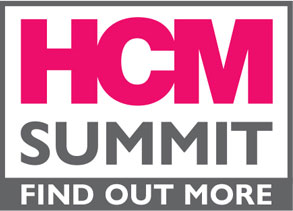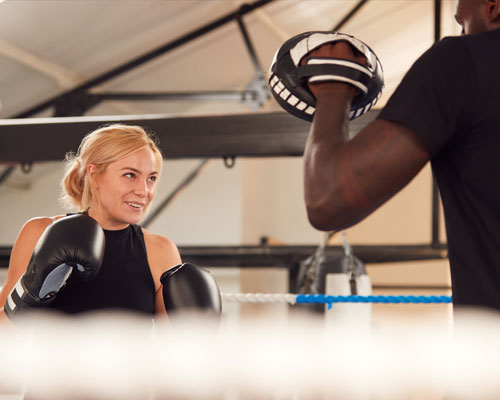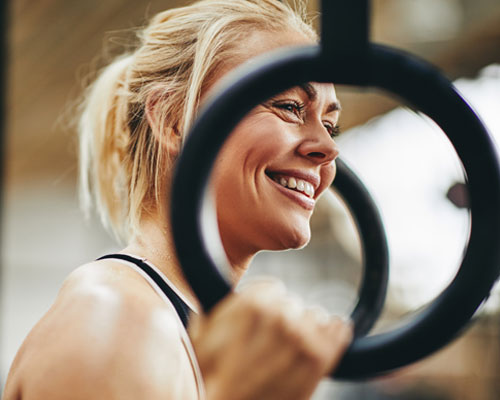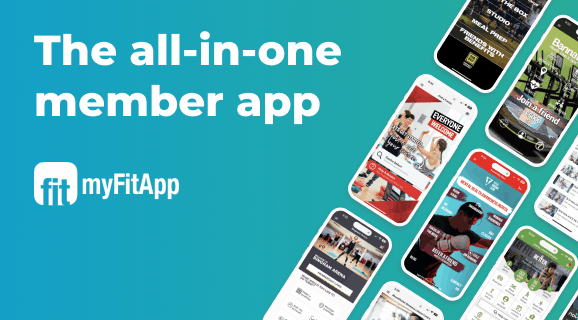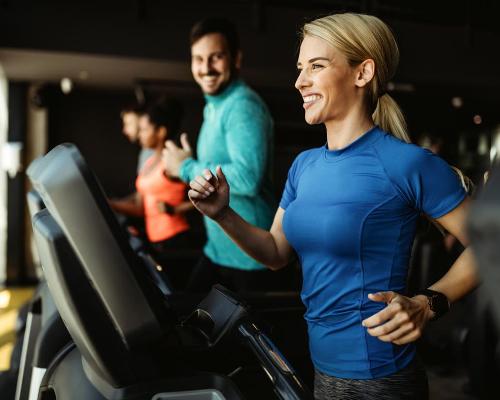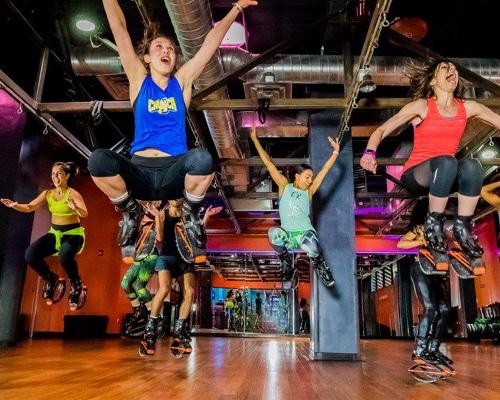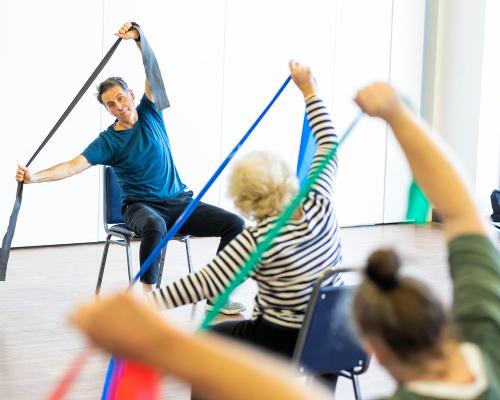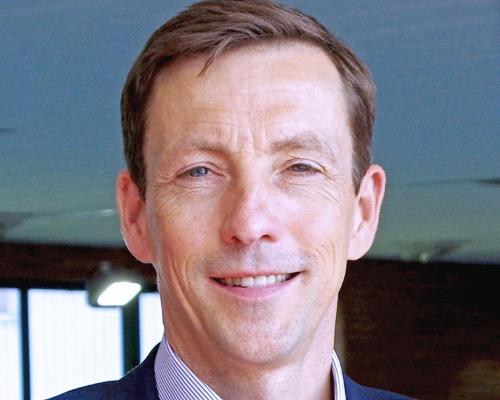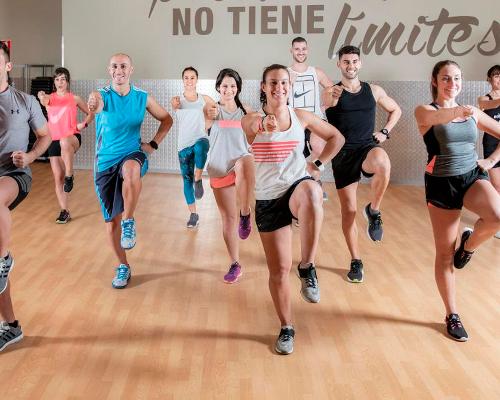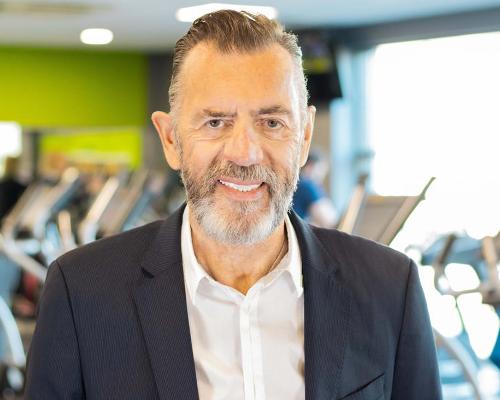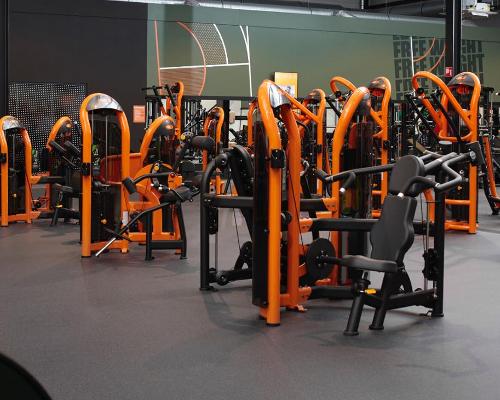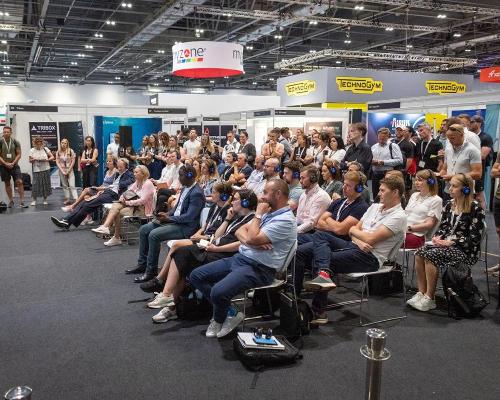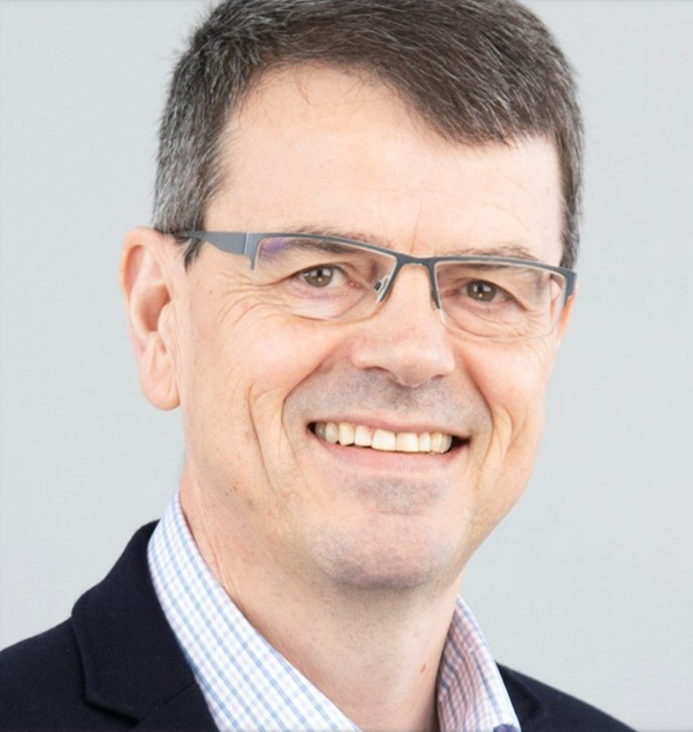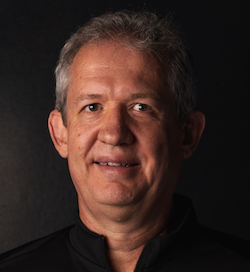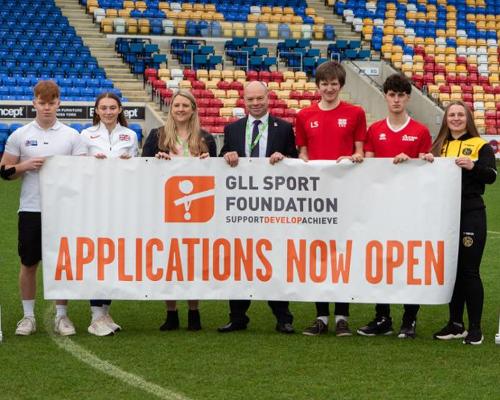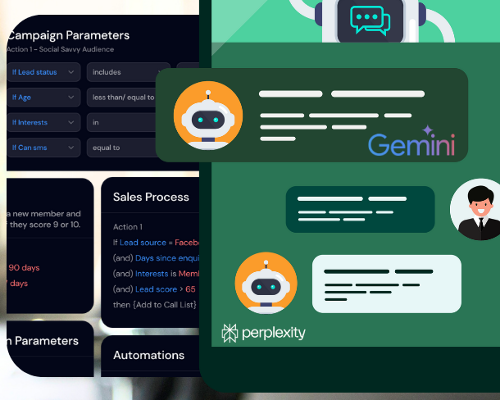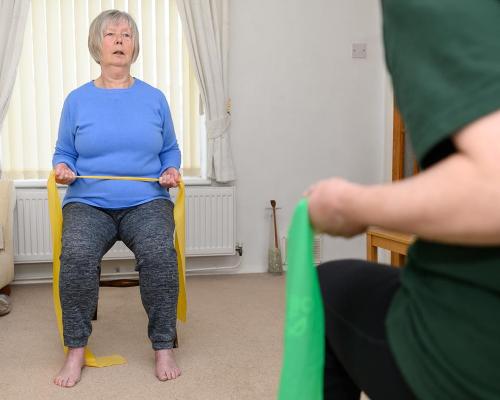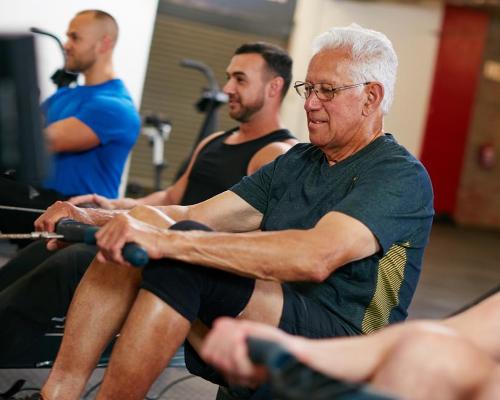features
Talking point: Can Attractions Eliminate Single-Use Plastic?
The Plastics Oceans Foundation estimates 8 million metric tons of plastic are dumped into the ocean each year, causing untold damage to sealife, and even entering our food chain. Is it time for the attractions industry to ban single-use plastics altogether?
Sealife being strangled, choked and starved by plastic seems reason enough to look for alternatives, but despite this, we seem to live in a world swamped with plastic and with limited options. The attractions industry could be part of the solution, making changes and then educating its audiences to change their behaviours, and working together to put pressure on suppliers to come up with innovative, eco-friendly packaging.
More attractions are getting on board. The Natural History Museum in London says it is moving towards a refillable culture and is currently sourcing an alternative to bottled water to sell in its shops. It has stopped offering plastic straws and plastic cutlery, with the exception of a handful of pop-up cafés, which do not have washing facilities.
Over the past 10 years, Disneyland Resort in Anaheim, California, has halved the amount of waste it sends to landfill and is working towards zero waste, which it has already achieved at its working ranch, Circle D Corral. Paper, cardboard, plastics and metal are recycled, while animal waste, hand towels, laundry lint and coffee grounds are composted.
How practical is it to stop using single-use plastic? What are the steps to take? Can you save the world without damaging the bottom line? We ask the experts.
Abi Aguilar,
Campaigner,
Greenpeace Philippines

Plastic pollution, especially pollution from single-use plastic, is a massive problem in the Philippines. Because of the mismanagement of waste in many areas, plastic finds its way into the ocean. Last September, Greenpeace spent eight days doing a beach cleanup and brand audit (to see which brands and companies generate the most plastic waste), but the morning after every cleanup, it looked like we hadn’t even been there.
Because of the urgency of the issue, Greenpeace is calling for the banning of all single-use plastics: bottles, condiment sachets, straws, bags and coverings. The best way to solve the problem is to stop producing single-use plastic in the first place. With its buying power, the attractions industry could play a big role in influencing manufacturers to use alternatives to plastic, or do away with coverings altogether.
Other practical measures attractions could take is to stop selling bottled water and install refilling stations, as well as stop offering plastic straws, plastic bags and condiments in sachets. Coffee lids are also a problem, so selling insulated mugs is an option. The industry should also create an environment which educates and encourages visitors to think about their consumption.
Drastic moves have to be taken to stop production at source. Beach cleanups can raise awareness, encourage people to get involved and develop concern, which can trigger changes in lifestyle, but they are not an effective answer to the problem. Reduction, coupled with the development of alternative delivery systems and packaging, is the way to go.
Following our beach cleanup last year, we did a brand audit and identified 15 main companies, who we are now trying to influence. We have started the ball rolling, but there is still a long way to go. We don’t expect companies to change overnight, but we would like them to set realistic targets and stay true to those targets. These companies must realise the environment should not suffer in the name of profit, and that it’s possible to be profitable as well as sustainable.
"With its buying power, the attractions industry could play a big role in influencing manufacturers to use alternatives to plastic, or do away with plastic coverings altogether"
David Rosenberg,
Vice president of guest experience,
Monterey Bay Aquarium
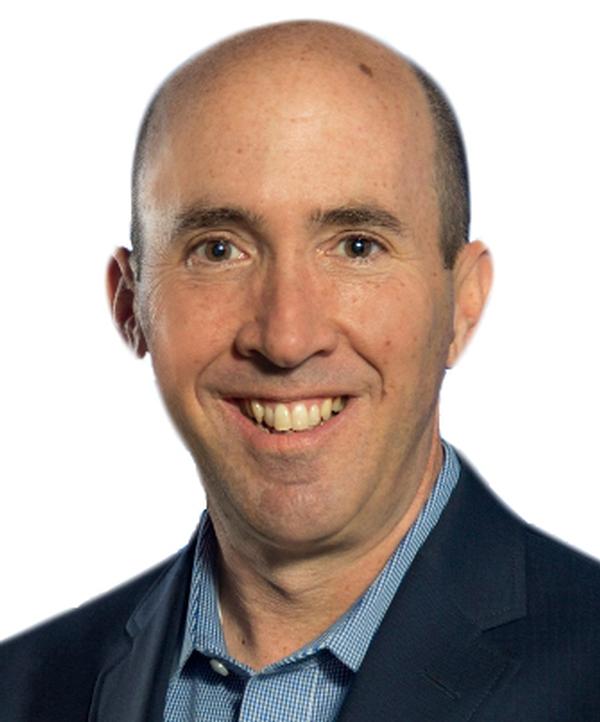
It is important to keep up with the demands of visitors and we are increasingly seeing a desire for more social responsibility. Millennials are having families and have high expectations of the attractions they visit. With this in mind, attractions need to show they are part of the solution and care for the future.
Working with our food and beverage partners, SSA, we’ve eliminated single-use plastic in the restaurant and café by supporting vendors who use materials other than single-use plastic. We are now working with vendors to find alternatives for our gift shop merchandise.
Bottled water was one of our biggest-moving items in food and beverage, but when we initially stopped selling it we found our visitors were leaving the aquarium and going to neighbouring shops to buy bottled water. Our plan to be socially responsible wasn’t working: visitors were still using single-use plastic bottles, but we were losing the revenue.
Realising we needed to meet our guests’ desire for water, we regrouped. Now we sell steel bottles, which visitors can refill at water fountains, as well as water in aluminium re-sealable cans, which can be reused and recycled. This has been extremely popular and provides strong revenue while also meeting our visitors’ needs.
Many guests like soft drinks, so we put those through the same filter. We only sell drinks in glass bottles or cans. In many cases, this led to offering high quality, unique beverages, which has increased sales, so implementing the change hasn’t cost us anything and is contributing to less plastic being created, while educating our visitors about sustainable alternatives.
Making an impact beyond our walls is not new to us. In 1999, we launched the Seafood Watch Programme, helping consumers, vendors, chefs and business partners choose sustainable seafood. More recently, we spearheaded the Aquarium Conservation Partnership with the goal of reducing single-use plastic in aquariums in the US.
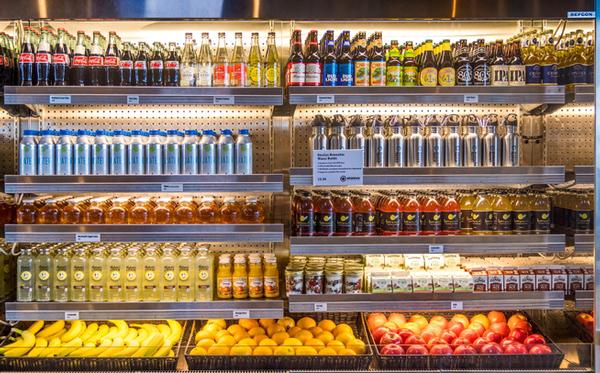
Kathryn England,
Head of commercial,
Zoological Society of London (ZSL)

We started to look at phasing out single-use plastic two years ago when colleagues of mine, who are conservation experts, saw first-hand the devastating impact that plastic use is having on our oceans. We challenged ourselves to make changes to our plastic consumption without costing the business more or passing any costs on to the consumer, and we have successfully managed to achieve this.
At the same time, this was an opportunity to educate, engage and inspire our 2 million visitors to change their own behaviours. The attractions industry is in a great position to do this. We have the advantage of the high dwell time of visitors, and we are very skilled at integrating a message into the experience without being preachy.
The first change was halting the sale of single-use plastic water bottles and instead providing water in alternative packaging, such as cans. We then moved on to phasing out single-use plastic bottles from our drinks ranges, not just water. As we can’t have glass bottles on site, because of the safety of our animals, this was a challenge, but we managed to source everything in cans, including wine and Prosecco.
Then we worked with our caterers to improve the packaging of food options, sourcing biodegradable products and phasing out all plastic disposables. Our caterers helped us with this, using their scale and buying power to ensure we could make this change without having to make any dramatic increases to the prices that customers pay. We have also stopped the provision of plastic straws.
Our latest challenge is finding a viable alternative for drinks aimed at very small children, which have straws attached. We are working with brands to come up with alternatives, while encouraging our visitors to bring a beaker or buy a reusable bottle on-site.
As with any business, there is always a fear of the bottom line being affected, but operators need to zoom out from the financial challenge. As an industry, we need to work together to put pressure on suppliers to be more innovative with their packaging, especially big brands. If we work together we can make a difference.
"We improved our food packaging, sourcing biodegradable products and phasing out plastic disposables. Our caterers helped us with this, using their scale and buying power so we didn’t have to put up prices"
Sam Walker,
Business development manager,
Biopac

The food-to-go sector has grown rapidly in recent years, producing a boom in single-use items, and the UK’s waste management service has been unable to keep up with this rapid change. It’s absolutely crucial that we start altering our mindset towards this ever-growing problem and for the UK government to provide suitable disposal routes.
However, small changes can make a big difference. An instant improvement – and tip we give all our customers in the catering industry – is to remove free counter straws from the customer’s view. This simple move can reduce use by up to 80 per cent.
Switching to compostable packaging demonstrates your commitment to sustainability and shows your customers your willingness to go that extra mile. Providing a more eco-friendly solution is often expected to carry a premium, however, there is only a small increase in cost. Crealy Adventure Park and Resort in Devon has made the switch to compostable products in its catering outlets, without it having any impact on the bottom line and sending a great message to its visitors.
Compostable products work exceptionally well in the closed environments in which attractions operate, as all food purchased is likely to be eaten on the premises so the attraction has control over the disposal of the packaging. Standard collection bins can be placed around the grounds for all food waste and compostable packaging, so they can be disposed of together, thus reducing costs and providing a streamlined waste collection service. Certified compostable packaging can be fully composted and turned back into soil in less than 12 weeks, and can then be actively employed to help fertilise crops.
As there is always likely to be a need for disposable products, we must all address the lack of consumer awareness and infrastructure in many countries around the world. Disposal routes for composting and recycling are often fragmented and vary depending on authorities’ attitudes towards waste. Correct disposal is the key factor in reducing waste and this concerns both conventional plastics for recycling, and our own biodegradable ranges, which should not end up in landfill.










